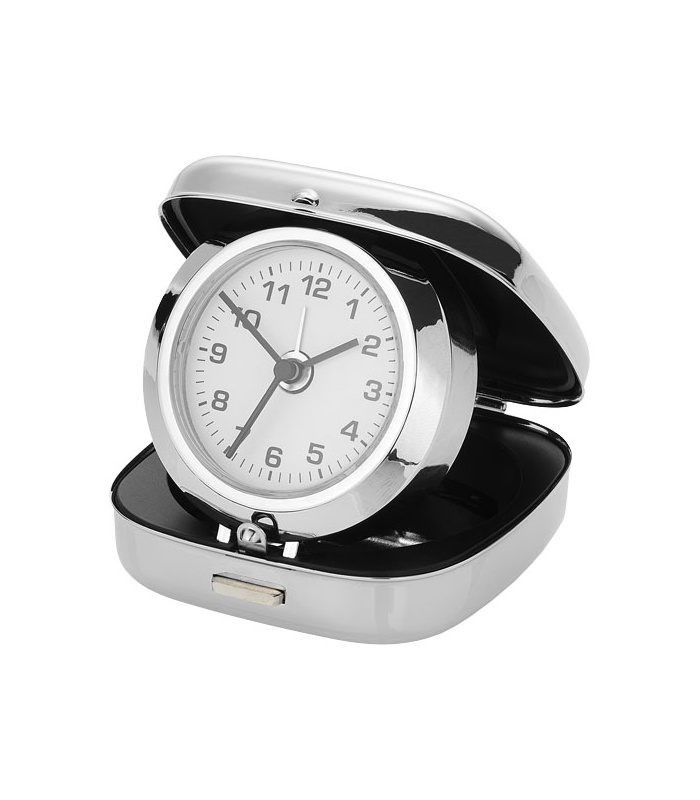Ray From Cleveland
Diamond Member
- Aug 16, 2015
- 97,215
- 37,438
- 2,290
When it came time for lights out at Lieber Correctional Institution on the evening of July Fourth, officers at the maximum-security South Carolinaprison thought they had all 1,300 inmates accounted for.
But convicted kidnapper Jimmy Causey wasn't in his bunk, a homemade dummy stuffed under the covers in his place. By the time prison officials realized Causey was missing, he'd already been gone for nearly a full day. Authorities gave new details of his plot following his capture early Friday after more than two days on the run.
Aided by wire cutters that authorities believe were flown in by a drone, Causey made it out of his cell, exited the dorm and cut through a series of metal fences. Authorities haven't said if he had a getaway car waiting for him.
But Causey got away, and fast. By the time officials confirmed he was gone, Causey had an 18-hour head start on law enforcement. He made it 1,200 miles (1,900 km) to Austin, Texas, where he was captured.
For Stirling, it's contraband cellphones that represent the biggest security threat, both inside and out of the prison. Last month, six correctional officers were rescued after an attempted confiscation of an inmate's cellphone prompted a fight at a different prison in South Carolina.
In 2010, a veteran South Carolina correctional officer survived being shot six times at his home after officials say an inmate planned the shooting and used an illegal cellphone to coordinate with the shooter.
Stirling, who for years has spoken out about the dangers posed by inmates' access to illegal cellphones behind bars, has asked the Federal Communications Commission for permission to jam cell signals at South Carolina prisons. Chairman Ajit Pai has said he's sympathetic to the problem, but the FCC has previously said its hands are tied by a decades-old law that says the agency can grant permission to jam the public airwaves only to federal agencies, not state or local ones. Any change is opposed by the cellphone industry, out of concern it could lead to wider gaps in their networks.
SC officials: Illegal cellphone, drone aided inmate's escape
One would think that something that is so logical and so important would be a no--brainer to correct. But because of our government systems, bureaucracies and industry resistance, all we get is finger pointing instead of action.
Debate and red tape is expected when we have two sides of an issue, but who could be against cell phone jammers in prison which allow some to coordinate nefarious plots and illegal actions right from their prison cells and restrooms?
But convicted kidnapper Jimmy Causey wasn't in his bunk, a homemade dummy stuffed under the covers in his place. By the time prison officials realized Causey was missing, he'd already been gone for nearly a full day. Authorities gave new details of his plot following his capture early Friday after more than two days on the run.
Aided by wire cutters that authorities believe were flown in by a drone, Causey made it out of his cell, exited the dorm and cut through a series of metal fences. Authorities haven't said if he had a getaway car waiting for him.
But Causey got away, and fast. By the time officials confirmed he was gone, Causey had an 18-hour head start on law enforcement. He made it 1,200 miles (1,900 km) to Austin, Texas, where he was captured.
For Stirling, it's contraband cellphones that represent the biggest security threat, both inside and out of the prison. Last month, six correctional officers were rescued after an attempted confiscation of an inmate's cellphone prompted a fight at a different prison in South Carolina.
In 2010, a veteran South Carolina correctional officer survived being shot six times at his home after officials say an inmate planned the shooting and used an illegal cellphone to coordinate with the shooter.
Stirling, who for years has spoken out about the dangers posed by inmates' access to illegal cellphones behind bars, has asked the Federal Communications Commission for permission to jam cell signals at South Carolina prisons. Chairman Ajit Pai has said he's sympathetic to the problem, but the FCC has previously said its hands are tied by a decades-old law that says the agency can grant permission to jam the public airwaves only to federal agencies, not state or local ones. Any change is opposed by the cellphone industry, out of concern it could lead to wider gaps in their networks.
SC officials: Illegal cellphone, drone aided inmate's escape
One would think that something that is so logical and so important would be a no--brainer to correct. But because of our government systems, bureaucracies and industry resistance, all we get is finger pointing instead of action.
Debate and red tape is expected when we have two sides of an issue, but who could be against cell phone jammers in prison which allow some to coordinate nefarious plots and illegal actions right from their prison cells and restrooms?



